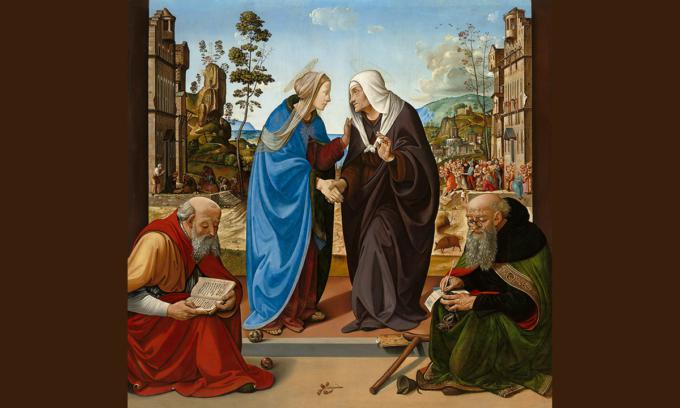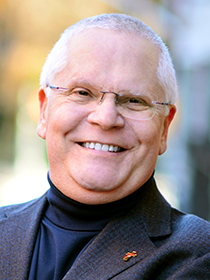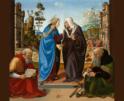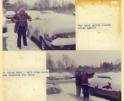
Culture
. . . Mary is also a woman of action. She is a woman on a continual journey -- constantly, by necessity, on the move.

Kandra
Mi 5:1-4a
Ps 80:2-3, 15-16, 18-19
Heb 10:5-10
Lk 1:39-45
Ironically, as our Advent journey is drawing to a close, another journey is beginning.
It's right there in the first three words of this Sunday's Gospel: "Mary set out ..."
This time of year, I think, a lot of us can appreciate the idea of taking a trip for the holidays. But what Mary does here is hardly a vacation (though, she does travel bearing a gift).
In fact, she is really beginning the greatest adventure of her life -- one of the most important in salvation history, really -- and it is a journey that underscores our own lives as disciples of Christ and people who, like Mary, are called to bring Jesus to others.
Consider Mary's circumstances. She has just been told that she is to be the Mother of God. And rather than keeping this news to herself, or wondering how she will cope, she sets out to visit her cousin, Elizabeth -- and we have this momentous scene that follows: The Visitation.
Mary is serving the Lord in this moment -- and serving her cousin.
We tend to think of the Blessed Mother as a quiet, serene figure -- a woman of few words, but blessed with tremendous faith, and boundless trust. This is true.
But with this episode, we realize something else: Mary is also a woman of action.
She is a woman on a continual journey -- constantly, by necessity, on the move. After this journey to see Elizabeth, we next find Mary embarking on an arduous trip, while pregnant, to Bethlehem. After giving birth, she and her small family are on the move again, fleeing to Egypt, to escape death.
We then see her traveling to Jerusalem, where her son goes missing -- and we follow her as she goes in search of him. Finding him, she continues her travels, bringing him home to Nazareth.
Mary, as the first disciple, in many ways prefigures all the disciples who will follow -- those who traveled, mostly on foot, throughout the world to spread the Gospel and proclaim the Good News. Like those apostles, Mary was a missionary -- the first missionary, on a mission to bring Jesus into the world.
In today's reading, we see her literally bringing Jesus to another, as she carries him in her womb and goes to her cousin and speaks the words any missionary might pronounce -- words which are the beginning of all belief: "My soul proclaims the greatness of the Lord."
What follows, the Magnificat, is Mary's incomparable acclamation, one of Scripture's most beautiful prayers and one of the most recognizable and enduring statements of praise and hope.
We can only imagine what other travels Mary took in the course of her life. But we can't forget one in particular, the most difficult of all, as she followed her son on his journey to Calvary.
This Sunday, we realize anew how much Mary's life is closely entwined with ours. All of us, like Mary, are on a journey. All of us are traveling to places we may not understand, to destinations we cannot see. But we ask Mary to help guide us on our way.
The road is long. The journey isn't easy. We pray to have the trust in God that we need to travel whatever road we must take, just as Mary did.
And in these last hours before Christmas, this Sunday reminds us that our mission in life is not that different from Mary's: to take Christ into a broken, wounded, waiting world.
A familiar hymn over these last few weeks has been telling us how we "mourn in lonely exile here, until the Son of God appear."
If we needed any reminder, here it is. He is coming. Rejoice! Rejoice! He is near.
- Deacon Greg Kandra is an award-winning author and journalist, and creator of the blog, "The Deacon's Bench."
Comments
Comments Policy
Recent articles in the Culture & Events section
-
Tolkien's world, still popular on the big screen, began with faith and wordsCecilia Hadley
-
Scripture Reflection for Dec. 22, 2024, Fourth Sunday of AdventDeacon Greg Kandra
-
Getting adult children to Christmas MassGreg Erlandson
-
The work of redemptionEileen McLaughlin
-
Intern reflectionsEmily Greco and James Kaeser


















